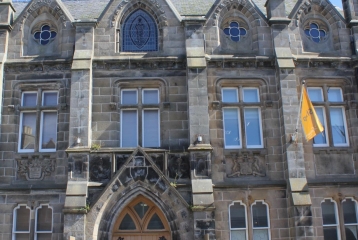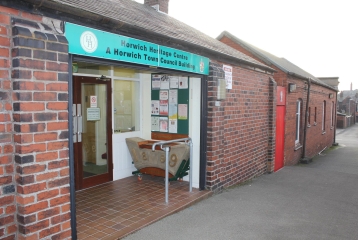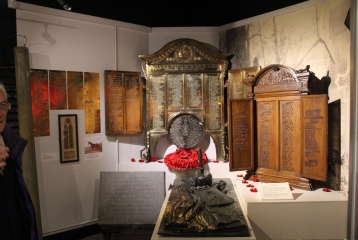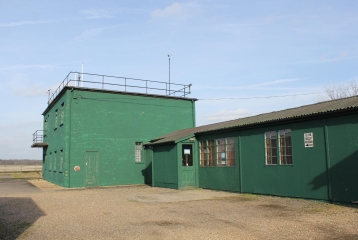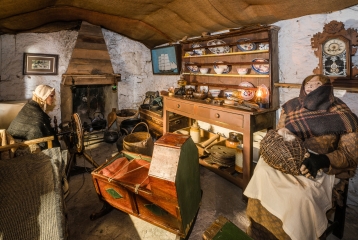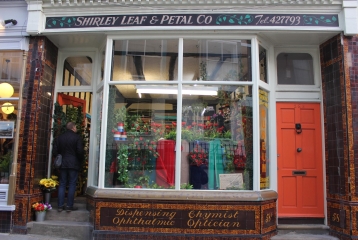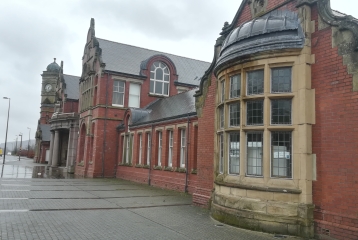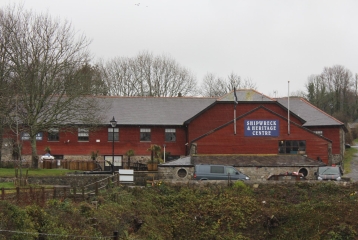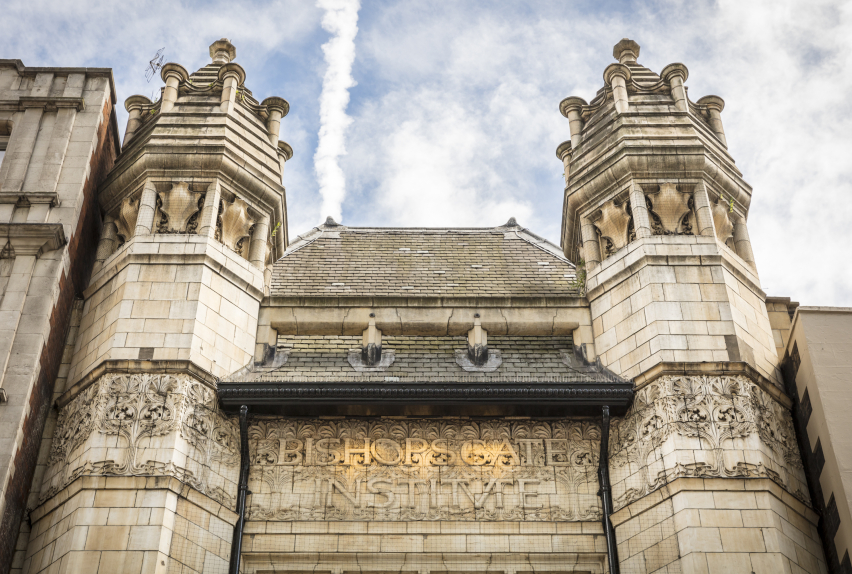Glenn Miller Museum
About this Archive
The Mapping Museum research project was created to look at the increase in the number of museums in the UK. As part of this project, David Wooding and Robert Allen were interviewed about the Glenn Miller Museum and Aviation and Aircraft Recovery Museum.
Explore more about the Mapping Museum project here and read Woodling and Allen's interview below:
Interview summary
Name of person(s) being interviewed: David Wooding and Robert Allen
Location of interview: Glenn Miller Museum and Aviation and Aircraft Recovery Museum
Date of Recording: 17 February 2019
Recording Length: 01:59:42
Name of interviewer: Dr Toby Butler
Description: Twinwood Airfield was an RAF training base in the 1940s and was used regularly by Glenn Miller and his orchestra to fly to morale-boosting concerts for US squadrons in the UK; many of the buildings including the control tower survived and they have been restored and converted to a museum with a wide range of 1940s-focused displays.
Summary of main points in interview: David Wooding is owner of Twinwood Airfield and founder of the Glenn Millar Museum; Robert Allen is founder of Twinwood Aviation and Aircraft Recovery Museum, which shares the Twinwood site along with other smaller museums/displays.
Wooding explains how he lived next door to Twinwood Farm and decided to buy the land which included the airfield buildings when it came up for sale in the late 1990s. He was approached by the Eight Air Force Historical Society to turn the control tower into a Glenn Millar Museum. It opened in 2002.
Other groups have got involved and suggested uses for the other buildings for collections and displays. Wooding discusses re-enactors and difficult issues that arose from Nazi re-enactment with veterans. The festival now focuses on civilian costume and 10,000 people come, mostly dressed in period costume.
Wooding discusses the work involved in organising the yearly festival, the audience profile and how it has developed. Allen discusses how visitor satisfaction spurs on the group of volunteers involved. He discusses debates in the group over whether to restore the buildings back to original 1940s use. Wooding discusses the research and sources found for the images in the Glenn Millar Museum and how juke boxes were bought to play music and add to the atmosphere. He explains that he runs the festival but has no particular interest or experience in running museums, so the groups involved effectively run the museums themselves.
Allen’s Research Group has recovered aircraft engines since the 1980s, and members with large private collections moved these to the museum once the building had been restored and named Twinwood Aviation Museum (TAM). They have joined Bedford Museums Group and are now cataloguing and have an accessioning system.
TAM is looking to become a charity and eventually gain accreditation, to ensure the museum survives and gets access to funding. They discuss some powerful experiences veterans and their families have had at the site. Allen discusses some of the highlights of the collection and where they have been sourced from. Wooding discusses the rewards of organising the festival and seeing people enjoying themselves.
